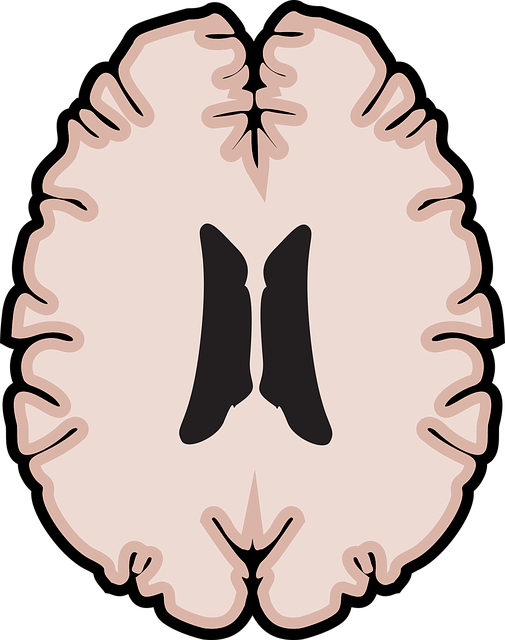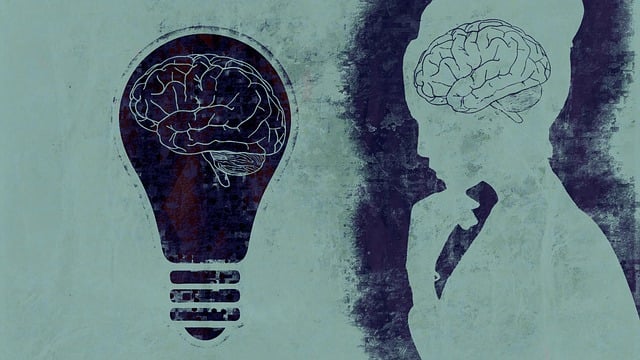Mood regulation is key to maintaining mental wellness, especially in a stressful modern world where depression, anxiety, and burnout are prevalent. Parker Alcohol Abuse Therapy offers specialized programs addressing substance abuse issues while teaching effective emotion regulation tools, such as cognitive-behavioral therapy (CBT) and mindfulness meditation. These evidence-based practices promote long-term emotional balance, enhance self-compassion, and improve coping skills. By integrating empathy building and cultural competency training into therapeutic approaches, Parker Alcohol Abuse Therapy provides comprehensive solutions for better mental health and well-being.
Mood regulation is a vital skill for navigating life’s challenges. This article explores effective strategies to manage and stabilize your emotional state, emphasizing the role of evidence-based approaches like Parker Alcohol Abuse Therapy (PAAT). We’ll delve into common techniques, PAAT’s unique contributions, and long-term strategies for achieving robust emotional well-being. Understanding these tools can empower individuals to foster resilience and enhance their overall quality of life.
- Understanding Mood Regulation and Its Significance
- Common Strategies for Effective Mood Management
- The Role of Parker Alcohol Abuse Therapy in Mood Regulation
- Implementing Long-term Mood Stability Techniques
Understanding Mood Regulation and Its Significance

Understanding mood regulation is paramount for maintaining mental wellness and overall well-being. It involves recognizing and managing one’s emotional states to achieve a sense of balance and stability. Mood disorders, such as depression or anxiety, can significantly impact daily functioning, making it crucial to employ effective regulation strategies. These tools empower individuals to navigate life’s challenges with greater resilience and adaptability.
In today’s fast-paced world, where stress and burnout are prevalent, learning mood regulation techniques becomes essential for preventing exhaustion. Parker Alcohol Abuse Therapy, alongside other therapeutic approaches, offers valuable insights into this realm. The Mental Wellness Podcast Series Production can serve as a powerful resource, providing an accessible medium to explore various strategies, including empathy building and burnout prevention tactics. By integrating these practices into daily routines, individuals can enhance their ability to cope with life’s ups and downs, fostering a sense of equilibrium and overall mental wellness.
Common Strategies for Effective Mood Management

Mood regulation is a vital component of overall well-being, and there are numerous strategies to help individuals effectively manage their emotional state. Common practices include cognitive-behavioral therapy (CBT), which teaches individuals to identify and change negative thought patterns contributing to poor mood. This evidence-based approach has shown significant success in various mental health conditions, including depression and anxiety disorders. Another powerful tool is mindfulness meditation, fostering self-awareness and emotional intelligence by encouraging present-moment focus and non-judgmental observation of thoughts and feelings.
For those struggling with substance abuse, such as alcohol, Parker Alcohol Abuse Therapy offers specialized programs designed to address the root causes of addiction while providing tools for emotion regulation. These therapies often incorporate empathy-building strategies, enhancing the therapist-client relationship and fostering a deeper understanding of personal struggles. Additionally, Mental Health Education Programs can empower individuals to recognize triggers, develop coping mechanisms, and make informed decisions regarding their mental health, ultimately contributing to better mood management in daily life.
The Role of Parker Alcohol Abuse Therapy in Mood Regulation

Parker Alcohol Abuse Therapy offers a structured approach to mood regulation, addressing underlying issues that contribute to emotional instability. This therapy is designed to help individuals understand and manage their alcohol consumption, which can significantly impact mood and mental well-being. By identifying triggers and learning healthy coping mechanisms, clients gain valuable tools for long-term emotional balance.
Incorporating evidence-based techniques such as cognitive-behavioral therapy (CBT) and mindfulness practices, Parker Alcohol Abuse Therapy equips participants with effective conflict resolution strategies and communication skills. These tools are essential not only for managing alcohol abuse but also for preventing burnout in healthcare providers who often face high-stress situations. Through this holistic approach, individuals can break free from the cycle of negative patterns, fostering a healthier relationship with themselves and others.
Implementing Long-term Mood Stability Techniques

Maintaining long-term mood stability requires a shift from short-term fixes to sustainable strategies. Incorporating techniques like compassion cultivation practices and empathy building strategies can be transformative, fostering a deeper sense of connection with oneself and others. These practices, often emphasized in therapeutic approaches such as Parker Alcohol Abuse Therapy, encourage individuals to cultivate self-compassion, understand their emotional triggers, and develop effective coping mechanisms.
Healthcare provider cultural competency training plays a crucial role too. By recognizing the impact of cultural factors on mental health, providers can offer more personalized and empathetic care. This tailored approach ensures that individuals receive support that resonates with their unique backgrounds and experiences, contributing to overall well-being and long-lasting mood regulation.
Mood regulation is a multifaceted skill crucial for overall well-being. By understanding and implementing strategies like common techniques, long-term stability methods, and considering specialized approaches such as Parker Alcohol Abuse Therapy, individuals can effectively navigate their emotional states. Integrating these practices into daily life fosters resilience, enhances coping mechanisms, and promotes a more balanced and satisfying existence.










